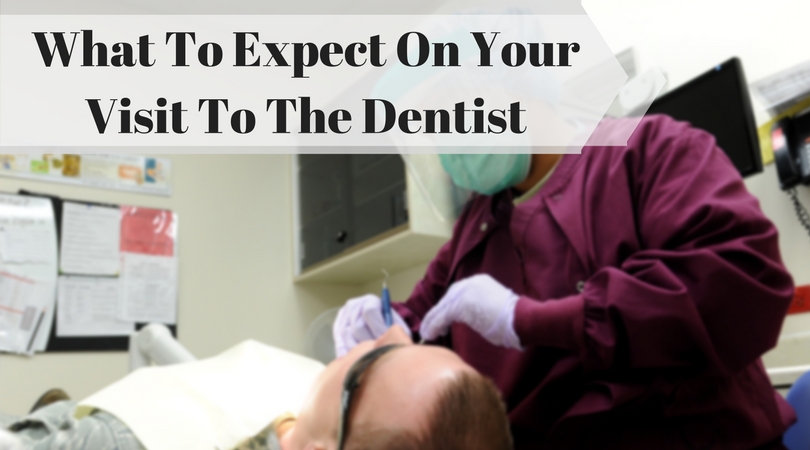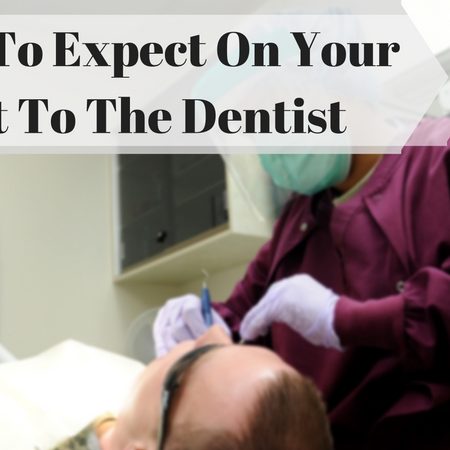 According to the American Dental Association (ADA), one must visit a dentist on a regular basis. That is, every 6 months to be precise — at intervals determined by the dentist, of course. The ADA constantly reminds consumers that the frequency of their dental checkups should be customized by their dentists to help accommodate for their current status when it comes to oral health and their overall medical history.
According to the American Dental Association (ADA), one must visit a dentist on a regular basis. That is, every 6 months to be precise — at intervals determined by the dentist, of course. The ADA constantly reminds consumers that the frequency of their dental checkups should be customized by their dentists to help accommodate for their current status when it comes to oral health and their overall medical history.
A number of consumers have the tendency to be afraid whenever the idea of visiting their dentist comes to play — either due to dental health problems such as dental poisoning or a scheduled appointment for overall oral health checkup. That’s a fact. Nonetheless, regular visit to the dentist is verily important specially in terms of overall oral health. And in between examinations, it’s crucial for you to remember that you must exude great care to keep your teeth and gums healthy and clean for a long period of time.
If you are in need of extra help, your dentist may recommend you to visit more frequently.
What To Expect During A Dental Checkup
In most cases, a dentist, accompanied by a dental hygienist, will perform the procedure. It’s also good to note that not all dentist are the same. Thus, a typical dental checkup may involve the following:
TEETH CLEANING AND POLISHING: The dental hygienist will make use of a special instrument known as a hand scaler or ultrasonic dental instrument to scoop and eliminate tartar from your teeth. They would then polish your teeth, sometimes with the use of a rotating rubber cup or brush, to help remove traces of plaque.
ORAL HYGIENE EDUCATION: After cleaning your teeth, the hygienist or the dentist will discuss any dental hygiene problems that were identified during the cleaning process. They will then show you how to properly brush and floss your teeth efficiently, provided it’s necessary.
ORAL EXAMINATION: Both the hygienist and the dentist will examine your teeth, gums and mouth for signs of any dental issues (i.e. cavities or gingivitis). During the examination, your dentist may use a special probing instrument to measure the “pockets” located between your teeth and gums, an explorer tool to poke around your teeth, and a mouth mirror for them to have a better view of your teeth.
Should there be any issues, your dentist may recommend a particular kind of treatment or may refer you to other specialists (to a periodontist or orthodontist for instance) for further assessment.
X-RAYS: Some of your visits to the dentist may lead to the dentist taking X-rays of your mouth to see if you have any decay, gum disease, or any other dental issues. X-rays may expose you to radiation. So, if you want to avoid the possible dangers of such, it is best to bring copies of your previous X-ray scans — provided you have them ready.
These are just some of the important things you need to know before your dental appointment. Sure oral diseases from dental treatments such as dental amalgam is something you can’t avoid. Still early prevention is a must to avoid any issues that may lead to further health damage.
Resources:
https://www.ada.org/en/press-room/news-releases/2013-archive/june/american-dental-association-statement-on-regular-dental-visits
https://oralb.com/en-us/oral-health/life-stages/adults/the-importance-of-regular-dental-visits
https://www.everydayhealth.com/dental-health/you-and-your-dentist.aspx







